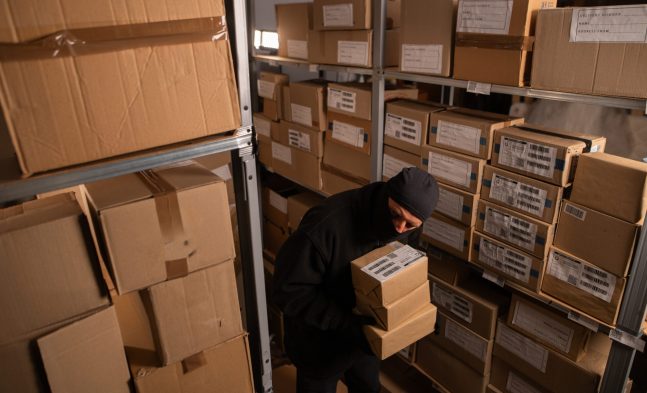TIA Report Reveals Escalating Fraud Crisis in Freight Industry
The Transportation Intermediaries Association (TIA) has released its 2024 State of Fraud in the Industry report, shedding light on the growing threat of fraud in the transportation and logistics sectors. The report provides a comprehensive analysis of the financial toll and highlights the urgent need for stronger protective measures as fraud continues to surge across the supply chain.
Read also: Safeguarding Supply Chains: Navigating the Surge in Fraud and Cargo Theft
“We are an industry under siege, and we’re not receiving enough support from authorities to combat this crisis,” said Anne Reinke, TIA President and CEO. “Fraud in the supply chain doesn’t just impact businesses—it affects consumers and the overall economy. It’s a multimillion-dollar issue that demands immediate action.”
The report, based on responses from 200 TIA members, details the most common types of fraud, regional hotspots, and the commodities most targeted. It also underscores the heavy financial burden fraud places on businesses and consumers alike.
Key Findings
Truckload Freight as Primary Target: 98% of respondents reported that truckload freight is the most vulnerable to fraud, signaling where companies should concentrate their defense strategies.
Diverse Fraud Tactics: Fraudsters are using a range of schemes, including spoofing, unlawful brokerage scams, phishing, and fictitious pickups. The report identifies eight main types of fraud that plague the industry, illustrating the multifaceted nature of the threat.
Financial Impact: Businesses reported an average gross cost of fraud at $402,344.47, with an approximate per-load loss of $40,760.17. This not only increases operating costs but also drives up the cost of goods for consumers.
Fraud Prevention Efforts: Nearly 20% of respondents dedicate an entire day per quarter to combating fraud, while 16% spend over 4 hours daily on prevention. This significant time investment diverts resources away from core business activities, hampering productivity.
High-Risk Regions: States such as California, Texas, Illinois, Georgia, and Florida are identified as high-risk zones, where the frequency of fraud incidents is notably higher due to the concentration of logistics hubs.
Targeted Commodities: High-value items like electronics, solar panels, and household goods are the most commonly stolen due to their easy resale potential.
The TIA’s report paints a stark picture of an industry struggling to manage rising fraud and calls for more robust intervention from both government and law enforcement agencies. Without such support, businesses will continue to face significant operational and financial hurdles in an already challenging market.





Leave a Reply